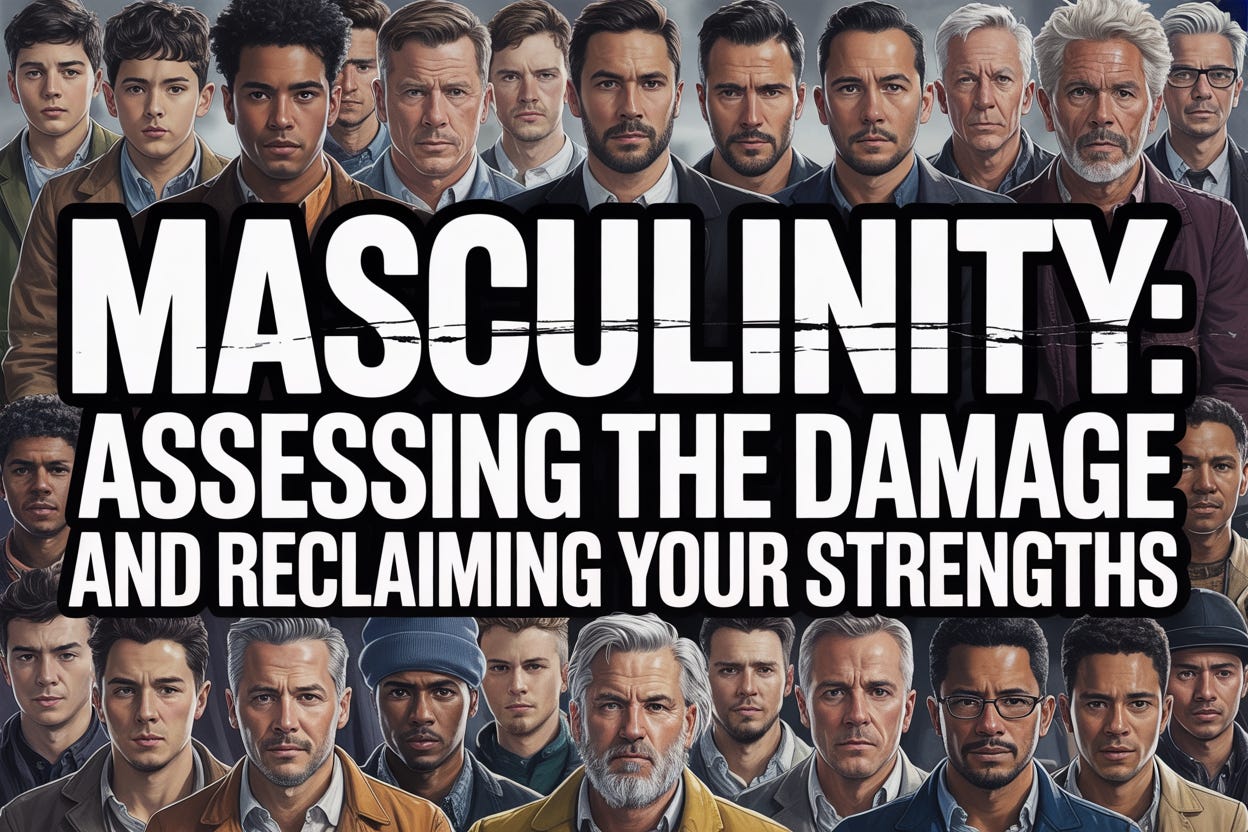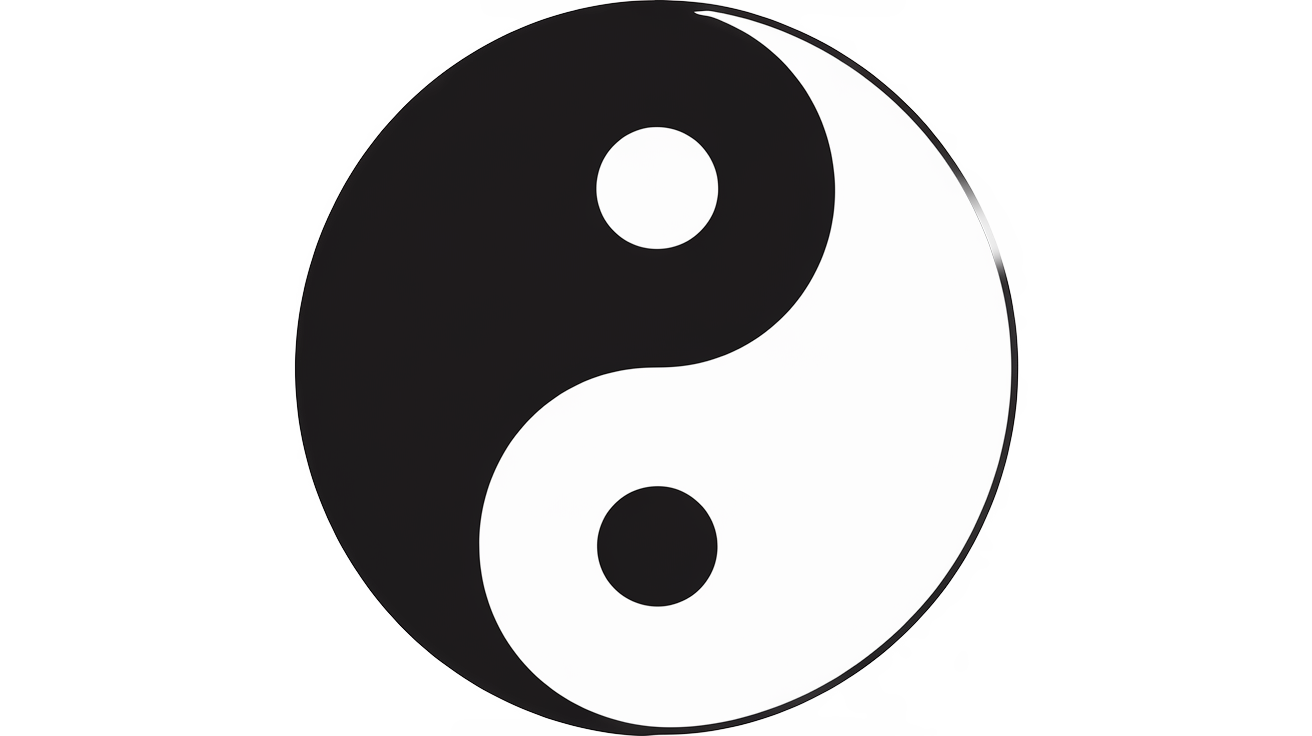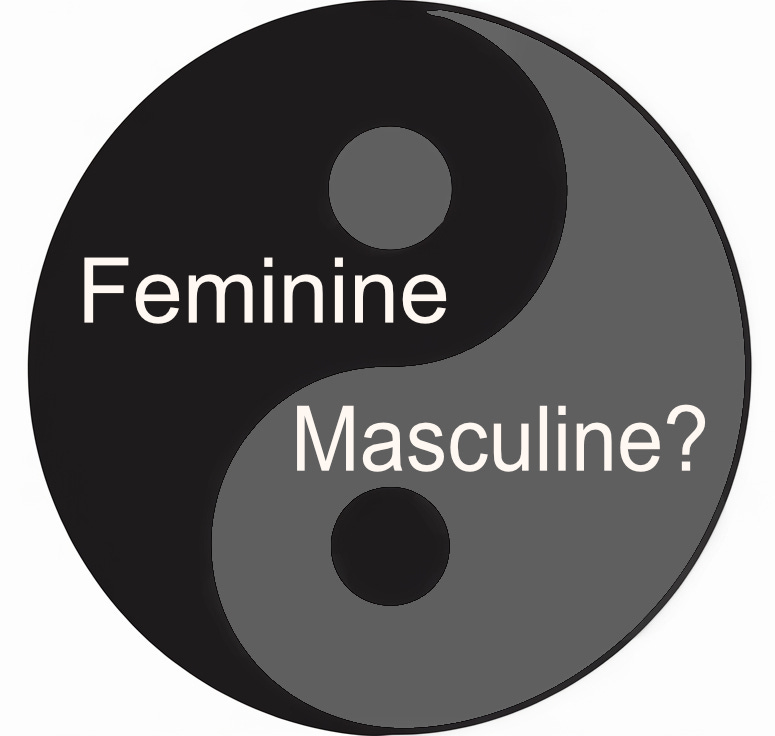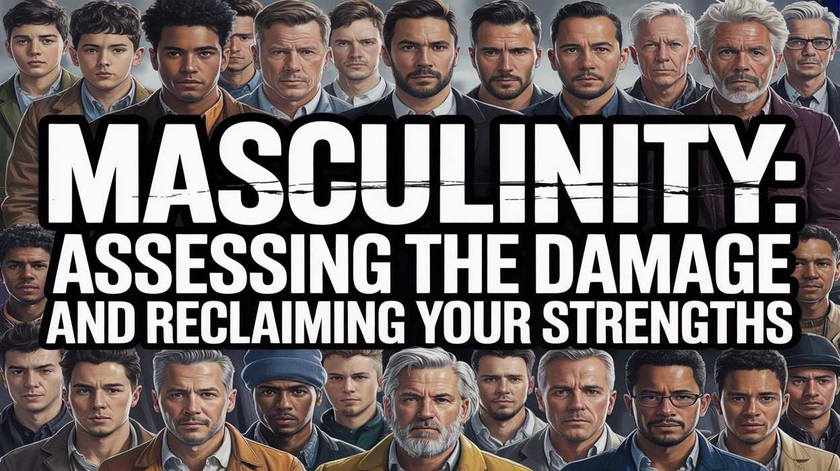
This is the final stretch in the gynocentrism series. In the earlier posts we looked at a definition of gynocentrism from chatgpt, noted that most of us have at least a little gynocentrism , saw how it operates beneath the surface of our culture, and how it offers women both protection and access to resources. We’ve also seen how feminism took that ancient system and weaponized it, and why men often fail to resist.
Now it’s time to turn the focus inward. This essay is about what you can do — not on a political stage, not in the culture at large, but in your own life and relationships. Before we talk about strategies, we need to start with something more personal: assessing the damage.
How Masculinity Has Been Undermined?
Over the last 50 years, the constant drumbeat of “toxic masculinity” has worn on men. It has told us that our natural strengths are not strengths at all, but flaws. Instead of celebrating courage, persistence, and logic, the culture tells men that these traits are threatening, outdated, or even abusive.
This has an impact. For many men, the constant assault has created a hesitation to speak plainly, to stand firm, or to trust their own instincts. It has discouraged men from telling the truth when it might offend, or from using reason when confronted with a storm of emotion. And it has silenced countless men in their relationships — men who fear that raising their voice will only make them look like the problem.
Why Logic Has Been Pushed Aside?
One of the deepest wounds of this shift is the cultural denigration of logic. Logic has always been one of men’s great tools. It doesn’t mean men can’t feel or express emotion, but it does mean they often approach problems through reasoning, structure, and clarity.
Today, those strengths are dismissed. Instead, feelings are elevated above all else. We’ve built a culture where “offense” is treated as the greatest harm and “safety” the highest virtue. That may serve some interests, but it leaves men’s natural ways of approaching life and conflict diminished and distrusted.
And when logic is sidelined, relationships become lopsided. Without balance between reason and emotion, one side gains power while the other is pushed into the doghouse.
Younger Men Carry More of the Weight?
It’s worth noting that not every generation has felt this equally. Older men — say, those over 60 — may have avoided the worst of the cultural training. They grew up in a time when being masculine wasn’t automatically suspect.
Younger men, though, especially those under 30, have been raised in a world where masculinity itself is under constant suspicion. For them, the damage runs deeper. They’ve been told from childhood that to be a man is to be potentially dangerous, oppressive, or shameful. The result? A generation of young men often hesitant to assert themselves, unsure of their own worth, and deeply confused about what it even means to be a man.
The Yin-Yang Distorted
A useful way to picture this imbalance is through the yin-yang symbol. Traditionally, it represents the balance of opposites: light and dark, masculine and feminine, logic and feeling. Each side is necessary, and each contains a seed of the other.

But in today’s cultural climate, the symbol is distorted. Instead of white and black in harmony, we are left with shades of gray and black — too much of one side, not enough of the other. Instead of honoring difference, we are addicted to sameness, to the feminine way, to an exaggerated focus on feeling. Masculinity isn’t balanced with femininity; it is suffocated by it.

Reclaiming Your Strengths
This is why men need to take stock of their own strengths — not as a luxury, but as a necessity. Ask yourself:
Am I able to stand my ground and speak the truth, even when it’s unpopular?
Do I navigate the world based on my own values, not someone else’s?
Can I hear feedback, weigh it fairly, and adjust my views without flinching?
Do I recognize the positive in my independence, self-reliance, and strength?
These are not flaws. These are gifts. They are the building blocks of masculine integrity.
Reclaiming them doesn’t mean ignoring emotion. It means recognizing your value, owning your abilities, and refusing to let a hostile culture tell you that your strengths are weaknesses.
Moving Forward
In this first step, the work is about clarity — seeing where the damage has been done, and beginning to recognize the strength you already have. In the next piece, we’ll get into the practical side: what it looks like to take those strengths into a relationship, how to set rules fairly, how to remain calm, how to frame your truth, and how to resist gynocentrism in the everyday dynamics of love and partnership.
Because the truth is this: relationships are risky, yes, but men who know their worth as men and practice these skills are far better equipped to navigate them.
Men Are Good



















